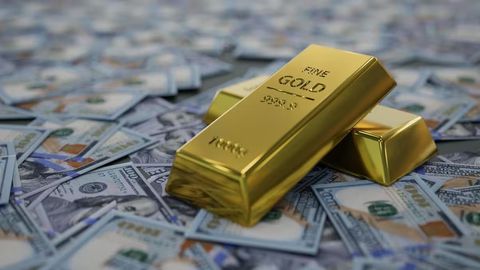Uzbekistan steps up consular support with 24/7 center in Karakalpakstan
13:15 / 03.03.2026
Uzbekistan and Indonesia launch free trade agreement negotiations
12:01 / 03.03.2026
Uzbekistan’s president sends condolences to Iran following death of Ali Khamenei
11:00 / 03.03.2026
Uzbekistan reshuffles state stakes within UzNIF ahead of IPO
10:00 / 03.03.2026
Uzbekistan ranks 14th globally in gold reserves, World Gold Council says
09:00 / 03.03.2026
Recommendations
Menu
Good news:
Tags
Grow your business with us
Advertise on Daryo.uzIndividual approach and exclusive materials
Ad-free site readingSubscribe
25 000 sum per month






Comments
To leave a comment, first